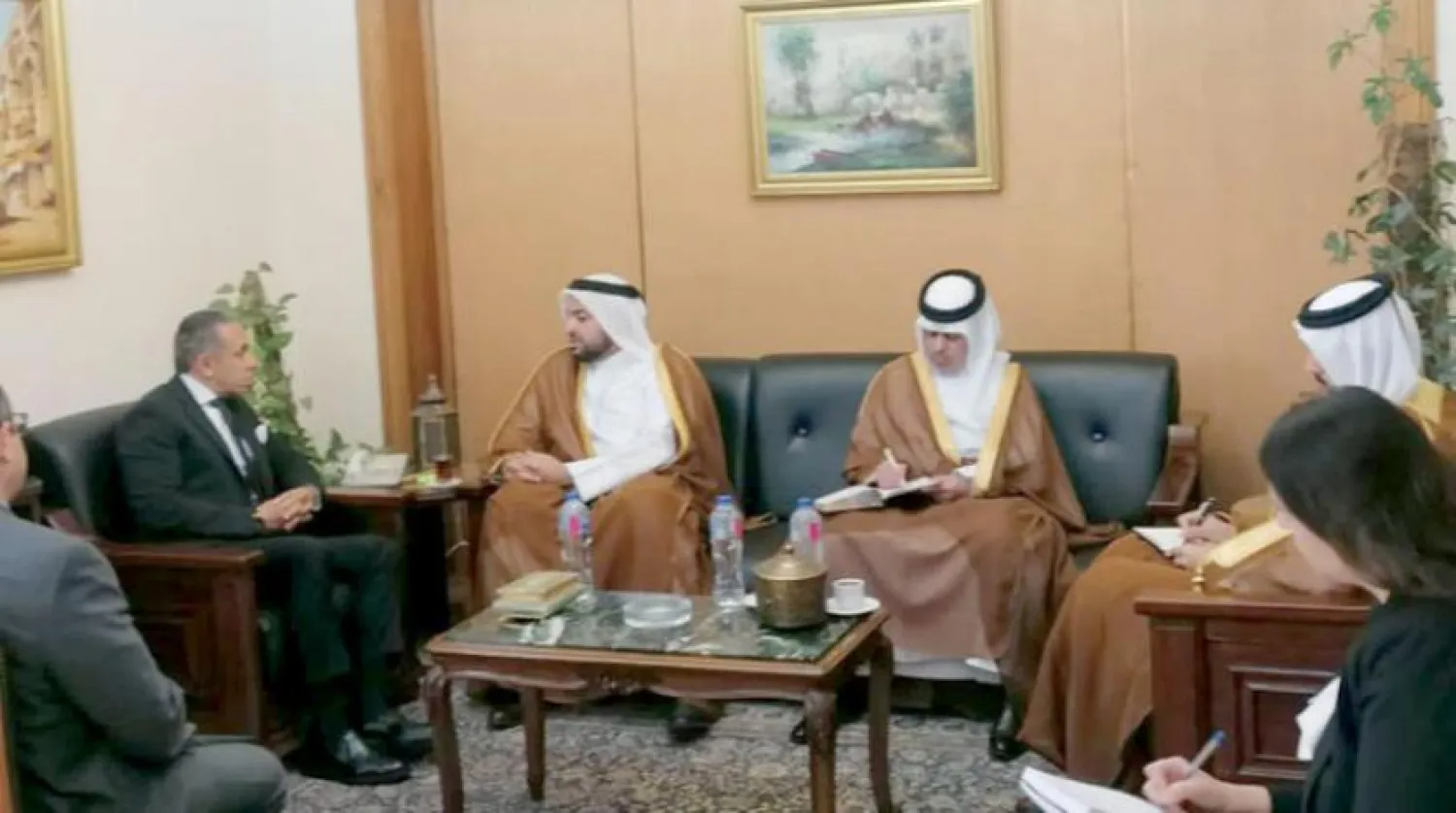Qatar and Egypt held talks on Thursday to discuss enhancing bilateral relations, the Egyptian Ministry of Foreign Affairs announced.
Alaa Moussa, the Assistant Egyptian Foreign Minister for Arab Affairs, met with Mohammed bin Abdulaziz bin Saleh, the Assistant Qatari Foreign Minister for Regional Affairs, at the Egyptian Foreign Ministry in Cairo.
Both sides discussed ways of boosting bilateral relations, as well as regional issues and topics of mutual interest, according to the statement.
During the 41st GCC summit in Saudi Arabia, Egypt and Doha restored diplomatic relations by signing the AlUla reconciliation agreement, which addressed the rift between Qatar and the quartet of Saudi Arabia, Egypt, the United Arab Emirates, and Bahrain.
Egypt's President Abdel Fattah El-Sisi has met with Qatar's Emir Tamim bin Hamad Al Thani several times since then, most recently in February on the sidelines of the 24th Winter Olympics in Beijing.
The first meeting took place at the Baghdad Cooperation and Partnership conference in August, and the second at the COP26 climate summit in Glasgow.
Through talks between ministers, ambassadors, and government officials, reestablishing Egyptian-Qatari relations has accelerated in the past few months.
In December, Egypt's Ambassador to Doha, Amr El-Sherbini, met with Qatar's Speaker of the Shura Council, Hassan bin Abdullah al-Ghanim, and handed him a congratulatory message from Egypt's Speaker of the House of Representatives Hanafi El Jebali on his election.
Egypt's ambassador to Doha presented his credentials to the Qatari Emir in November, the Egyptian Ministry of Foreign Affairs said.
Sisi sent his greetings to the Emir, saying the current situation signals a new stage in the relations between the two countries and the desire for collaboration based on mutual interests.
Qatar's Emir praised the development of bilateral relations between Qatar and Egypt and asked that his greetings be sent to Sisi. The Emir expressed Qatar's interest in expanding cooperation with Egypt in all fields.









